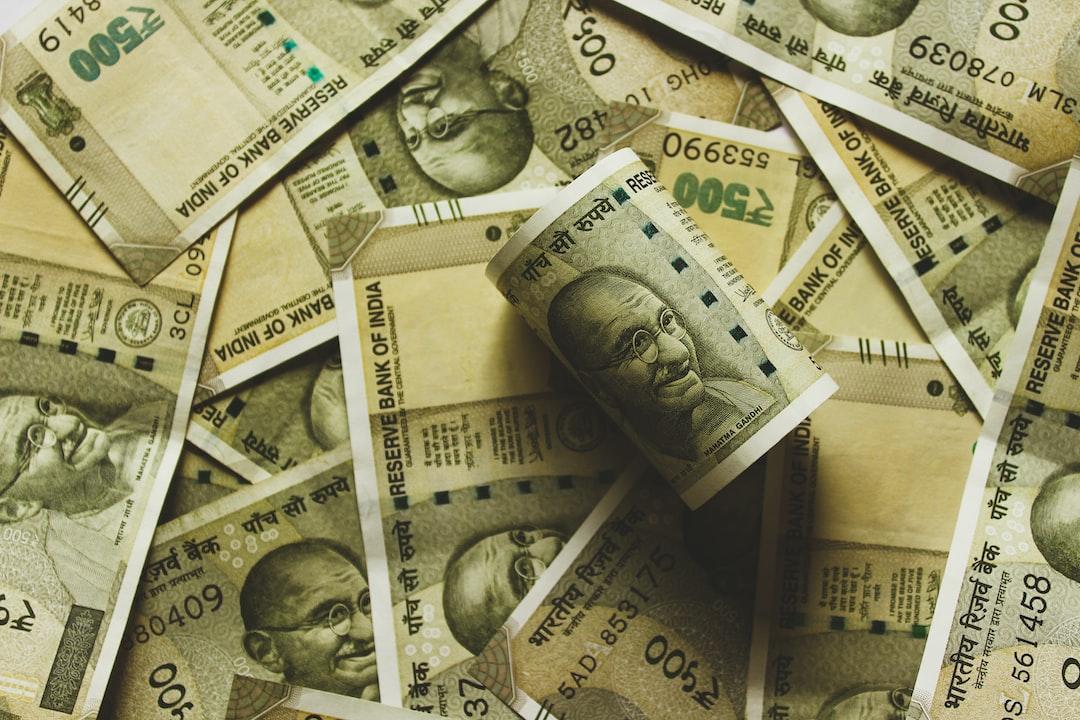KuCoin, a prominent global cryptocurrency exchange, has disclosed that starting July 8, the platform will introduce a 7.5% value-added tax (VAT) on transaction fees for users who have completed KYC (Know Your Customer) verification in Nigeria.
This new policy, unveiled on an unspecified date, implies that Nigerian users will experience a slight uptick in the fees associated with their transactions on KuCoin. Notably, the 7.5% VAT applies solely to transaction fees and does not extend to the total transaction amount. It encompasses all transaction types conducted on KuCoin.
Concerns about the VAT policy have arisen, particularly since KuCoin is presently among the cryptocurrency platforms prohibited by the Nigerian government. Nigerian crypto stakeholders, when asked about the introduced VAT, find it perplexing, especially given the absence of official regulatory clarification.
Lucky Uwakwe, President of Nigeria’s Blockchain Industry Coordinating Committee (BICCoN), has raised several questions and apprehensions regarding potential issues of fraud and transparency related to this new levy.
Uwakwe has queried how the Nigerian government intends to verify user numbers, ensure accurate reporting of trading activities, and guarantee proper remittance of the collected VAT. Moreover, there are concerns regarding KuCoin’s method of VAT payment, given the Central Bank of Nigeria’s restrictions on converting cryptocurrency to fiat currency. Clarity is needed on whether the VAT is applicable to all crypto transactions or solely to peer-to-peer trades involving the Nigerian naira.
The blockchain group’s leader has speculated on whether the Central Bank of Nigeria might permit banks to facilitate cryptocurrency transactions and whether Nigerians residing abroad who access KuCoin would also be subject to the VAT.
Looking forward, in an interview with local crypto analyst Rume Ophi, he viewed the VAT levy as a positive step forward. He interpreted it as a sign of the government acknowledging digital assets as financial instruments. Ophi expressed optimism that crypto regulations would soon be implemented, possibly accompanied by licensing for industry participants. He emphasized that the government missed an opportunity by maintaining the 2021 ban, which caused many players to relocate overseas rather than nurturing the nascent industry at home.
Ophi noted that Nigeria lacks exchanges capable of competing globally because governmental actions have deterred their development, prompting key players to move abroad.
Cointelegraph has reached out to KuCoin for further details on the levy but has not yet received a response at the time of publication.
Magazine: Deposit risk: What do crypto exchanges really do with your money?

